In recent years, globalization has led to a standardization in the way we live, especially in the so-called Western World. The European Union itself, by imposing a series of rules we must follow, makes our daily lives increasingly similar to those of our European partners, whether they are in Ireland, Sweden, or Italy.
Tourism, by introducing the habits of those who visit us, leads us to adopt routines that are not ours. However, one of the reasons we travel is to discover different places, with different customs and ways of life. The standardization we are subjected to goes against all this and makes us increasingly alike.
We must, therefore, be very attentive and preserve as much as possible what makes us unique. Because, if we look closely, there are many beaches in many countries. Hotels too. We have to be able to create the difference, so that our beaches and our hotels are a desired option.
And to further motivate the tourist, national and foreign, we must have competent services, adequate accessibility, and know how to preserve our identity, because this is what makes us unique and special.
Unfortunately, we have witnessed a loss of that very identity. The adoption of foreign uses and customs to the detriment of our traditions, which many justify as a response to what the customer wants, is beginning to lose that identity. Immediately, there are three sectors that are the most affected and the most permeable in this process - language, crafts, and gastronomy.
When I talk about language, I'm not even referring to the Algarve way of speaking, that one, increasingly forgotten - will the new generations of Algarvians know what griséus are? Or a besaranha? Or à babuja?
I'm referring to the Portuguese language itself. From menus to advertisements, Portuguese is increasingly forgotten.
I know that immigrants are necessary to keep many businesses running and it's not easy to learn our language, but it doesn't cost anything and doesn't offend anyone that, upon arrival anywhere, we are greeted with a good morning, that we say thank you. They are two or three words that show respect for the culture of the country where we are and no foreigner, no matter where they come from, rich or poor, will be offended by being received in the mother tongue. To start, not much more is needed.
Crafts are another sensitive area. Souvenir shops proliferate, with magnets and other mementos, many 'made in China', at very inviting prices, but which in no way represent what our artisans do.
Despite working in Tourism for many years, I can still be amazed by the creativity of certain products sold as holiday souvenirs in the Algarve. Boomerangs? Boomerangs?? But what does this have to do with us?
Projects are needed that protect and scale our crafts, such as 'Loulé Criativo' or others with the scope to disseminate what is traditionally done, with quality and connection to the region. Only then can we have people interested in learning ancient techniques, renewing the product, maintaining originality and at the same time identity.
But, surely, it is gastronomy that suffers the most from all this acculturation. Our cuisine, heir to the Mediterranean Diet, which, by the way, is a World Heritage of Humanity, which, by the way, has an Algarve city representing Portugal in this area (Tavira), suffers daily assaults of various kinds.
In many restaurants, there is no longer the good hake fillet with tomato rice. Now, they come with french fries. French fries? But are they fillets with tomato rice or 'fish and chips'?
The dictatorship of french fries is everywhere and, in many restaurants, it seems that no other accompaniment is known. Even grilled sardines and fried squid are served like this.
But this is just one of many examples. It is equally irritating to see 'Tapas' advertised everywhere. We are in the wrong country. In Portugal, we have always had 'petiscos' and we have many, good and varied 'petiscos'. Just because it's easier to say tapas are we going to mask our tradition?
Having restaurants of international cuisine, with dishes from their countries is one thing. Having so-called traditional restaurants destroying our own gastronomy is another incompetence of, unfortunately, several that abound here.
Tourism can and should be a source of income, an added value for the region. But it must, above all, be an activity in which locals see themselves, with which they feel good, that really contributes to local development.
But this cannot truly exist if we continue to stop being ourselves to be what others think we are.

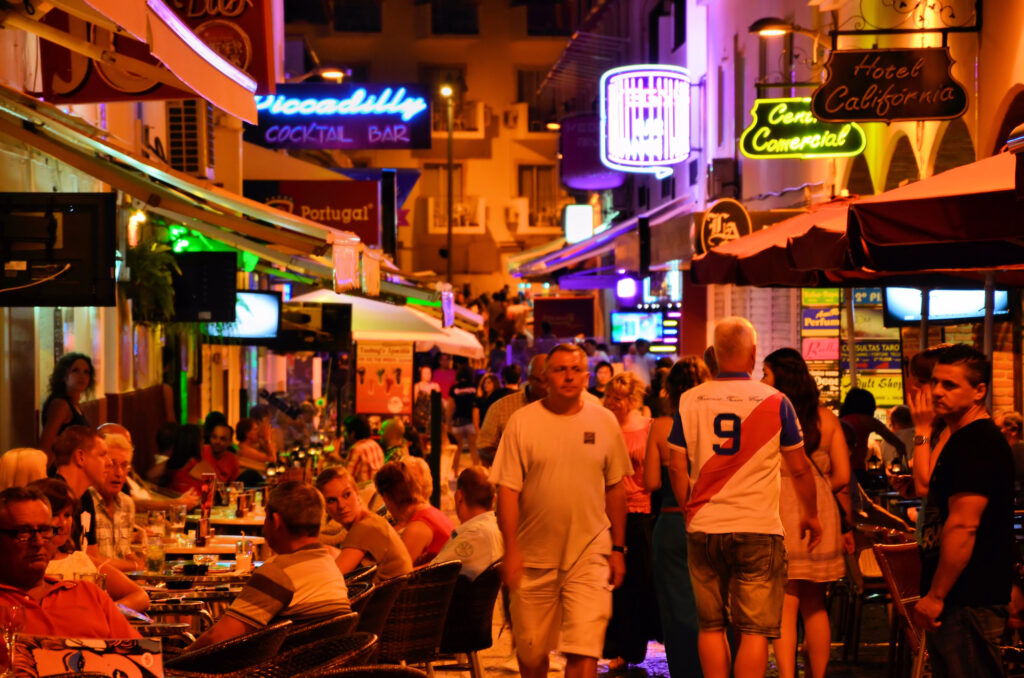


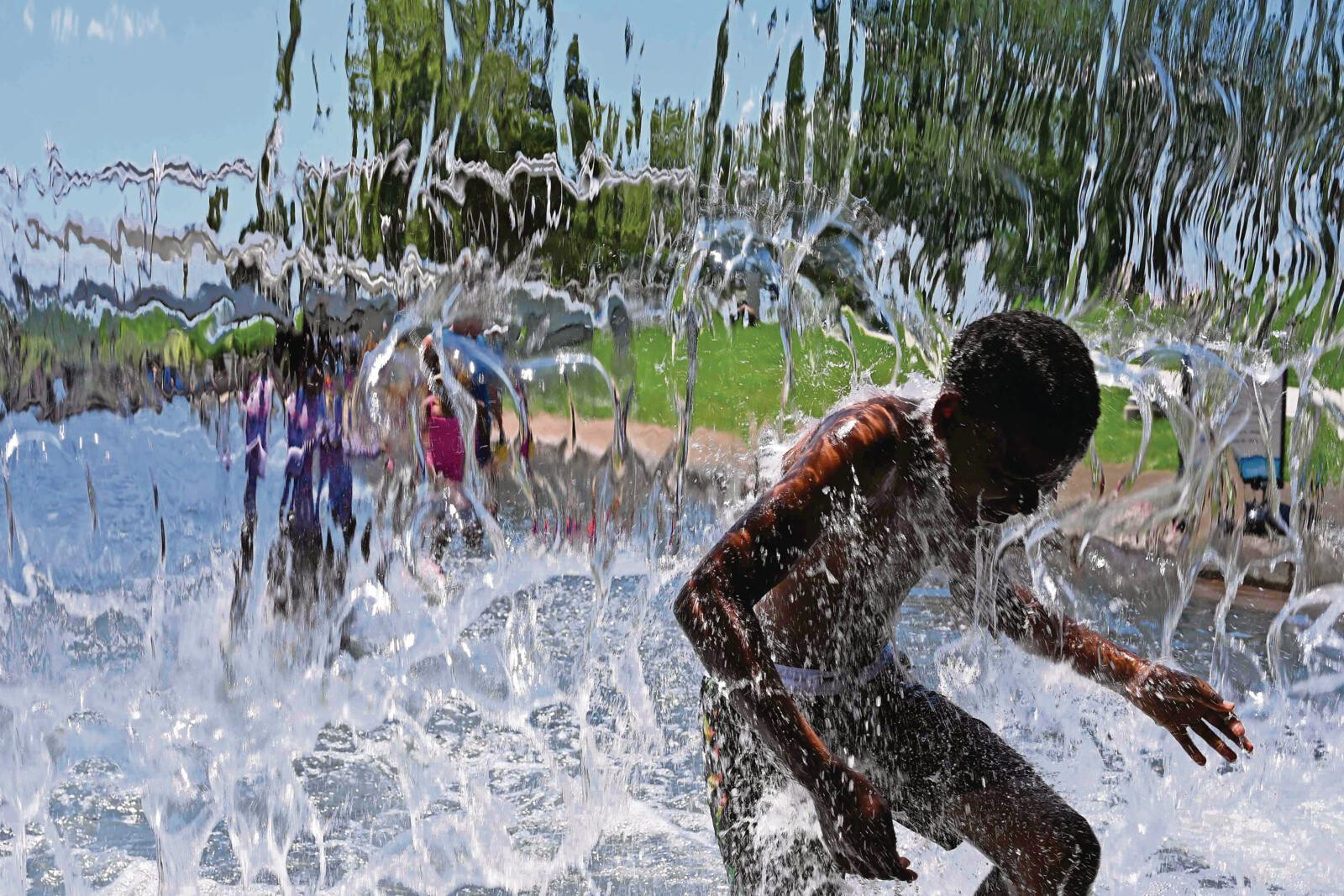



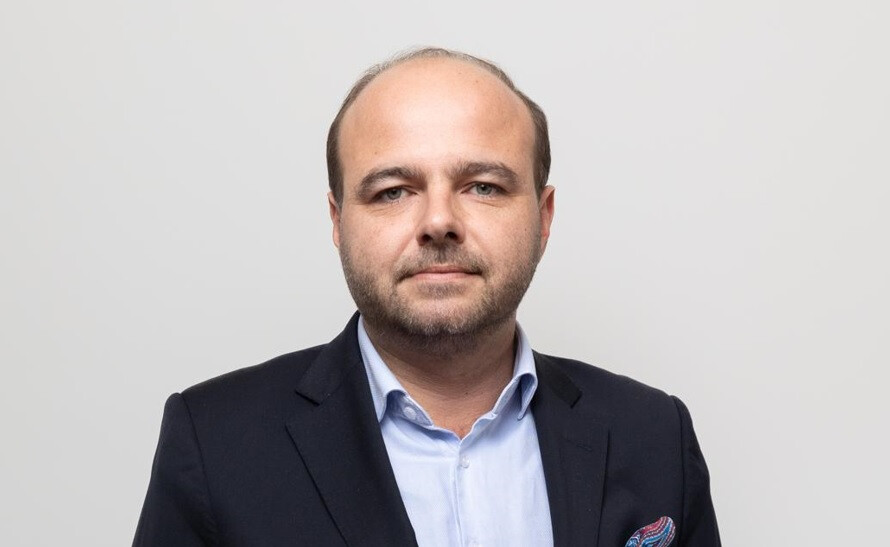
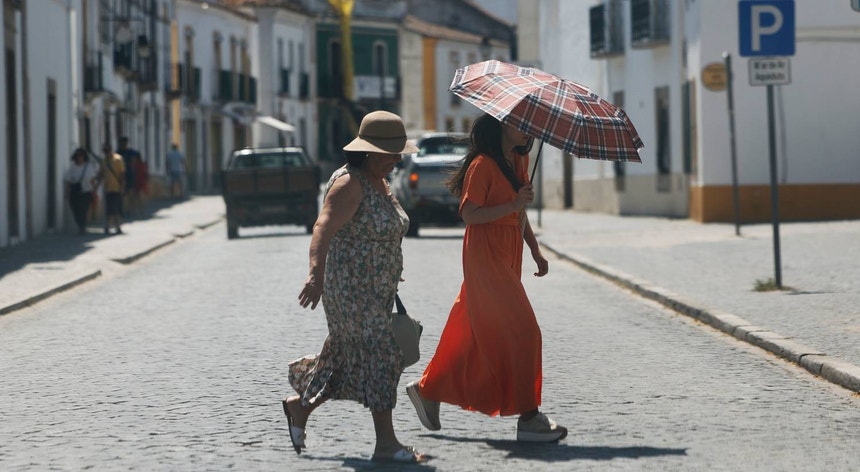



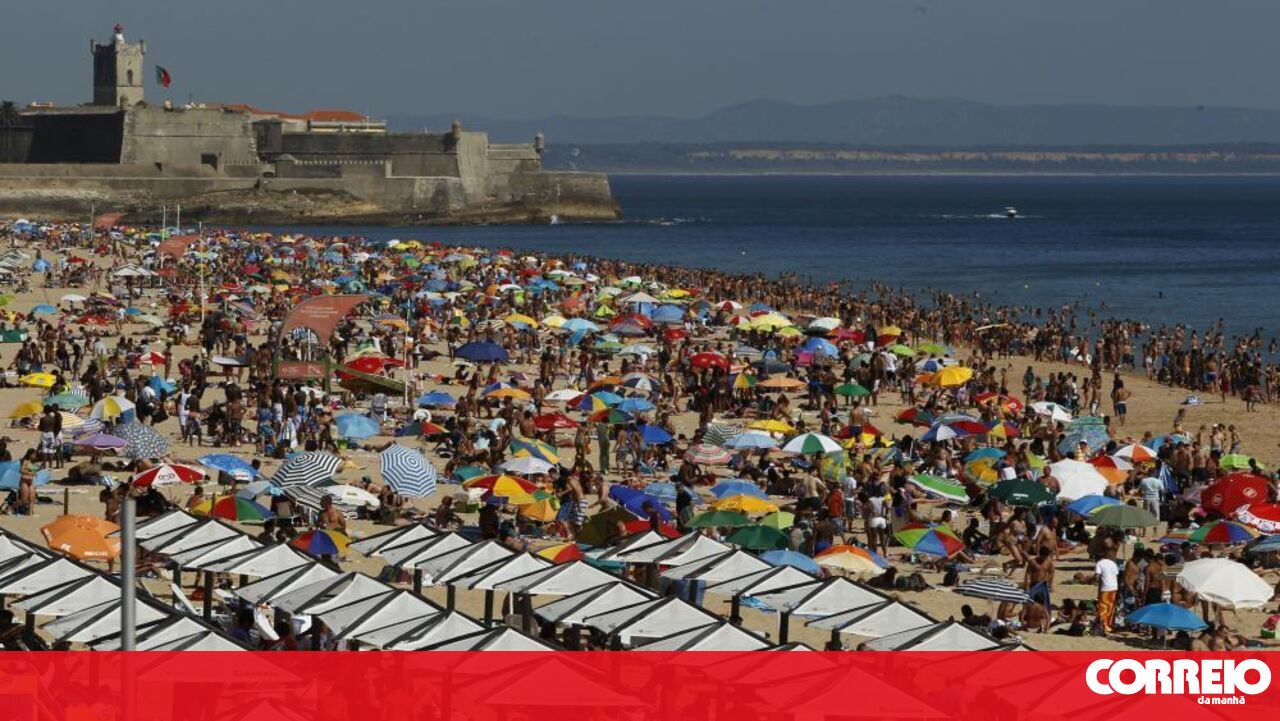
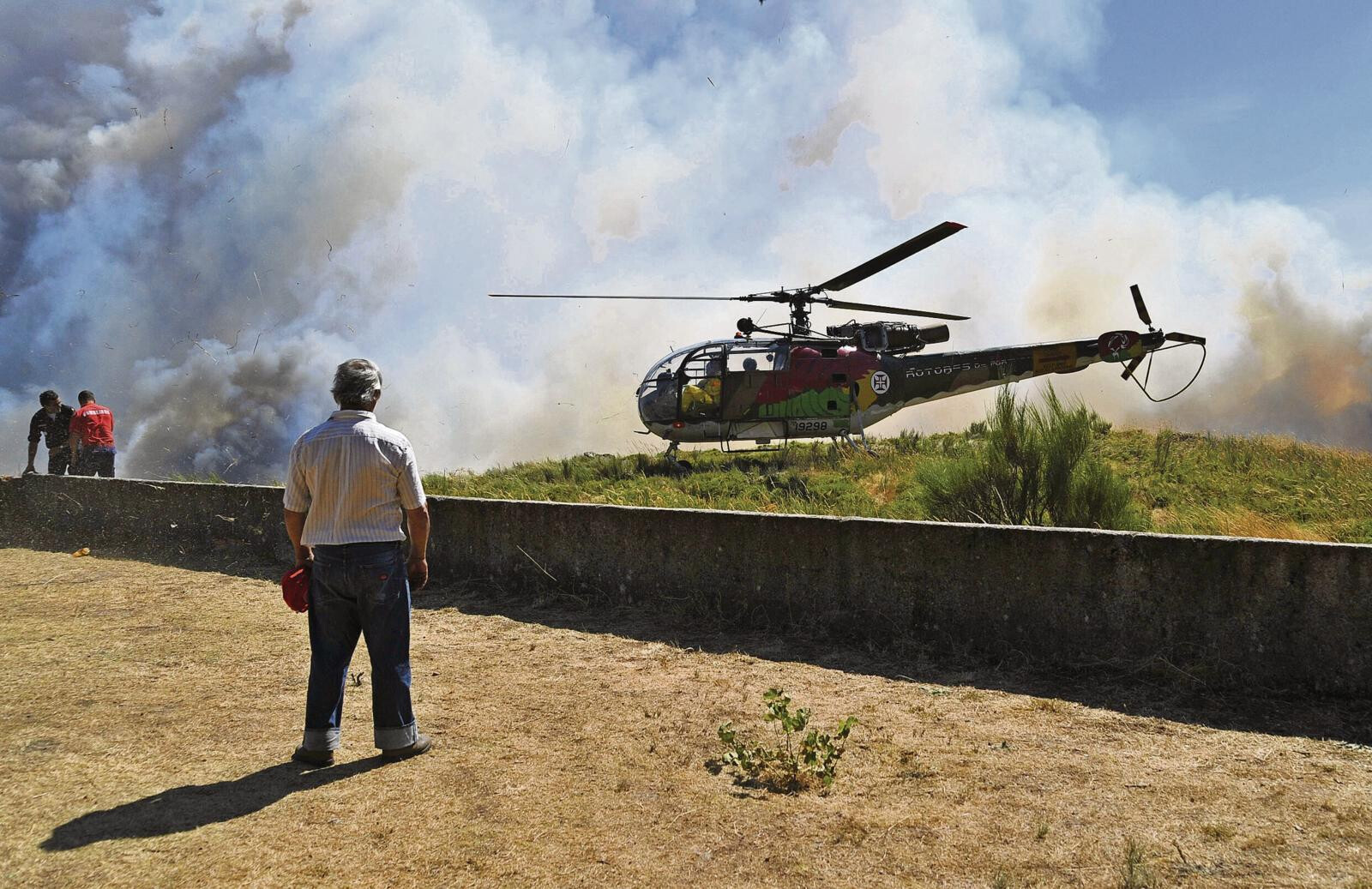


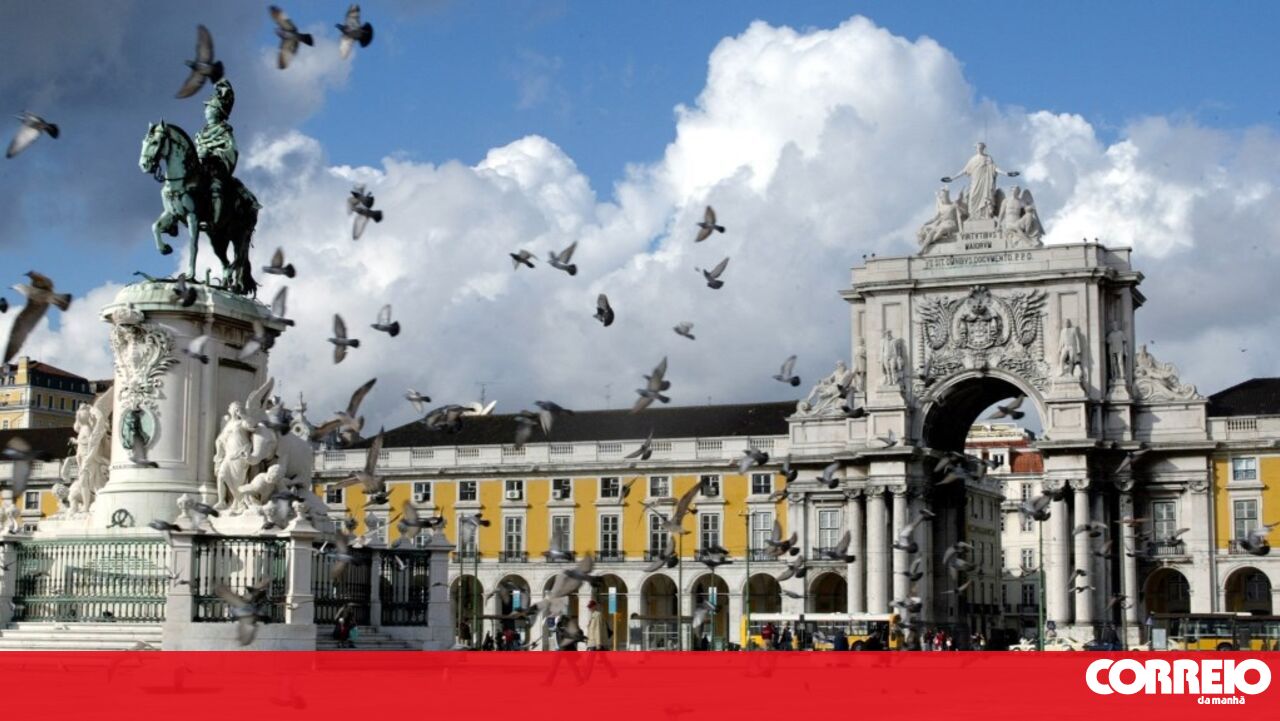




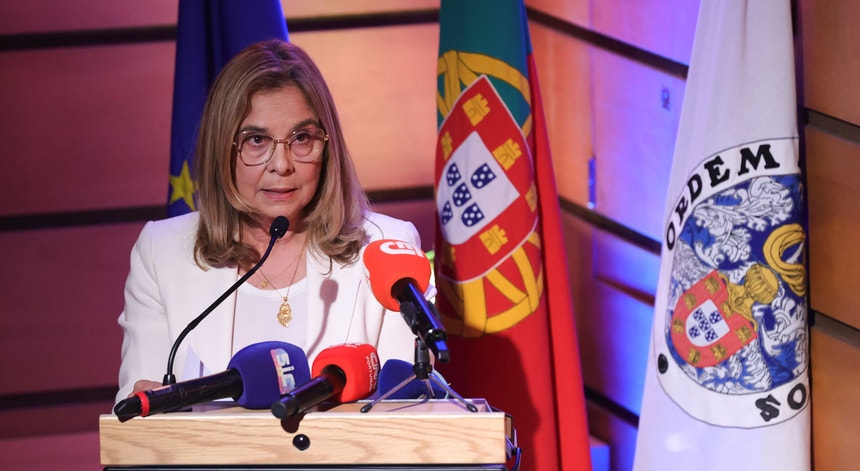

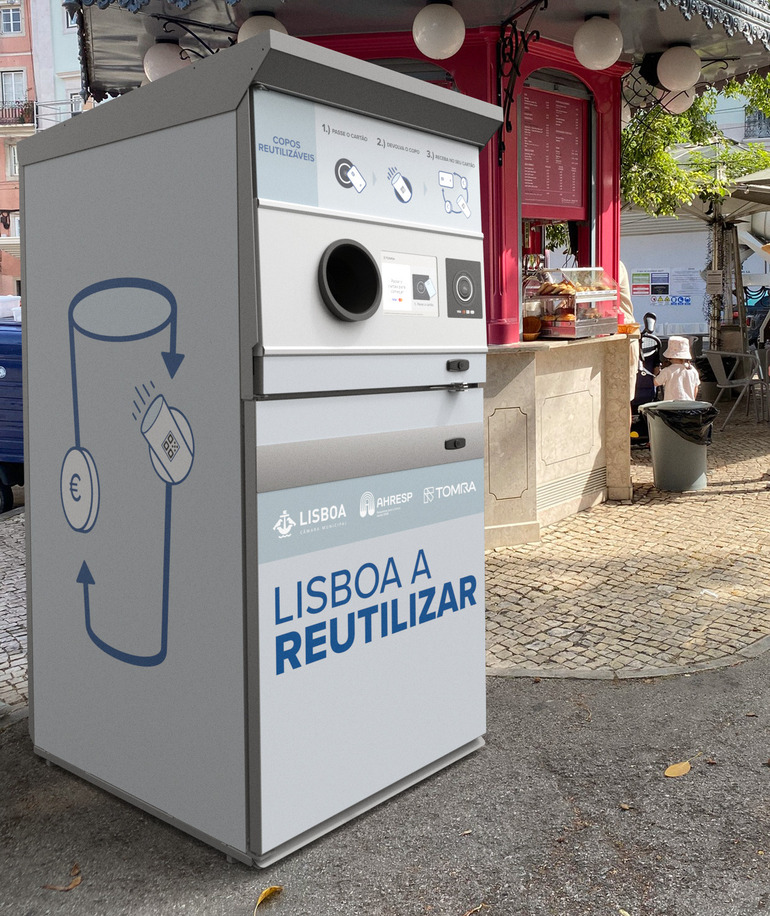



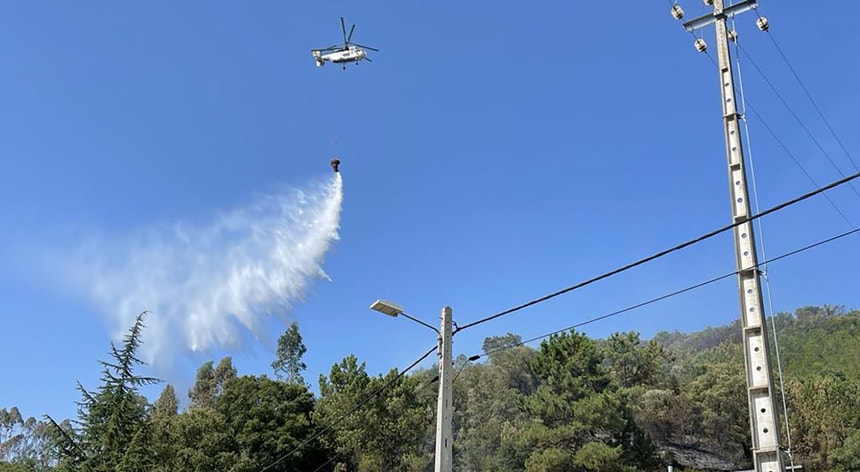

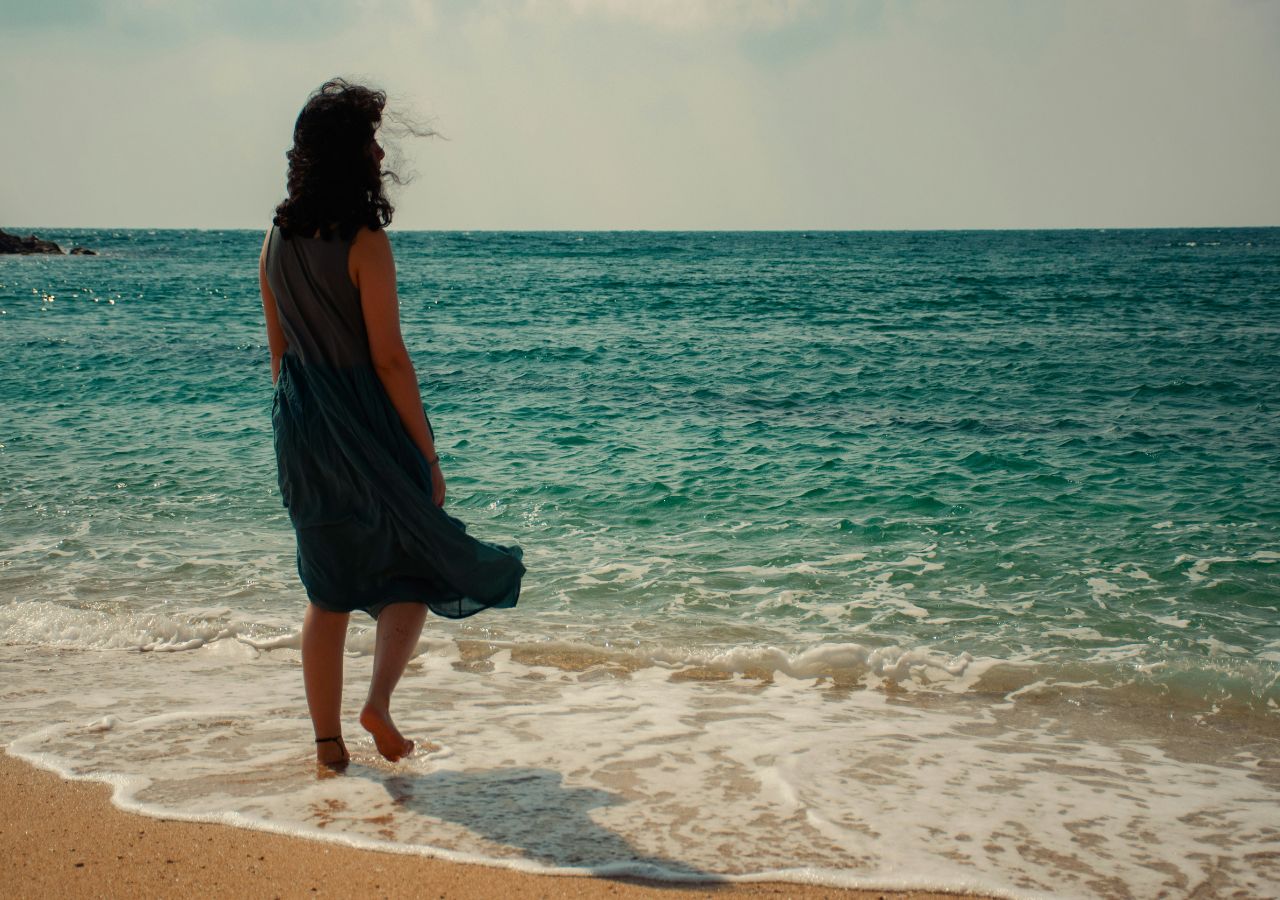

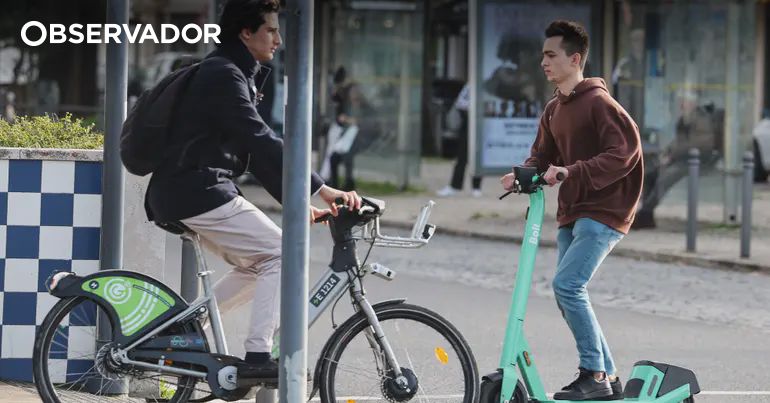
Comments
Join Our Community
Sign up to share your thoughts, engage with others, and become part of our growing community.
No comments yet
Be the first to share your thoughts and start the conversation!